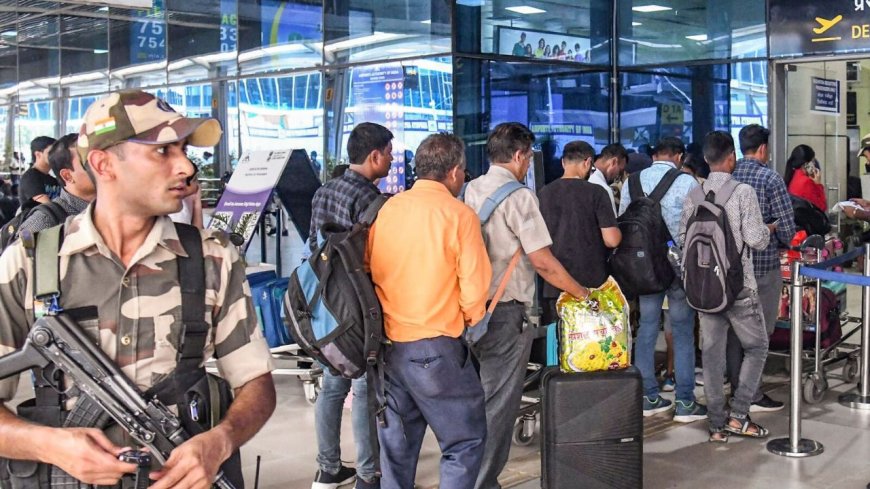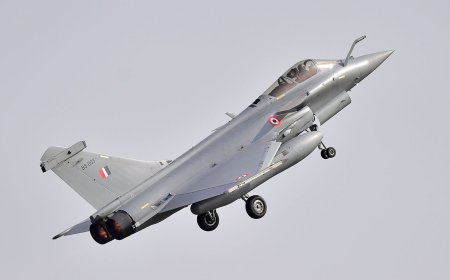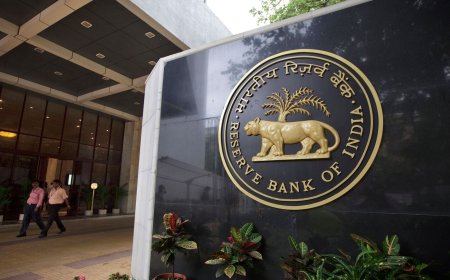Boycott Turkey Gets Louder: India Revokes Çelebi’s Security Clearance – What’s Next?
India has revoked Turkish ground-handling firm Çelebi’s security clearance amid rising national security concerns and growing anti-Turkey sentiment. Here's what this move means for Indian aviation and diplomatic relations.

Boycott Turkey Call Gets Louder: Çelebi’s Security Clearance Revoked – What Next?
Introduction
India’s geopolitical recalibration continues to intensify as the government revokes the security clearance of Çelebi Aviation, a Turkish ground-handling firm that has operated in Indian airports for over a decade. The decision—rooted in “national security concerns”—comes against a backdrop of rising diplomatic tensions between India and Turkey, growing domestic calls for a “Boycott Turkey” movement, and heightened scrutiny of foreign firms embedded in India’s critical infrastructure.
As the government tightens its national security perimeter, the move to debar Çelebi is not just administrative—it signals a broader strategic posture. What does this mean for India’s aviation sector, diplomatic equations, and economic outlook? Let’s explore.
Çelebi Aviation: A Strategic Foreign Player in Indian Skies
Çelebi Aviation first entered the Indian market in 2009, riding the wave of liberalization in civil aviation services. Over time, it became a leading ground-handling service provider at major airports like Delhi, Mumbai, Hyderabad, Bengaluru, and Kochi. Çelebi’s services included:
-
Baggage and cargo handling
-
Aircraft marshalling and parking
-
Ramp and cleaning services
-
Load control and passenger boarding coordination
Its rise coincided with India’s rapidly expanding air travel ecosystem. Yet, its Turkish origins became a point of unease as Ankara’s foreign policy grew increasingly adversarial toward India.
Security Clearance Revoked: The Government’s Move
India’s Ministry of Civil Aviation, reportedly acting on the recommendation of national security agencies, has revoked Çelebi Aviation’s security clearance. This clearance is a prerequisite under civil aviation regulations for operating in airport environments, particularly near sensitive infrastructure and secure zones.
According to senior officials, the security clearance was not withdrawn due to operational shortcomings but over "security and strategic concerns", including:
-
Alleged links between Çelebi stakeholders and Turkish government circles viewed as adversarial by Indian intelligence
-
The possibility of surveillance vulnerabilities or data leaks from secure airport terminals
-
A strategic decision to reduce foreign influence in critical logistics and mobility infrastructure
The decision effectively blocks Çelebi from renewing contracts or bidding for new ones at Indian airports.
The ‘Boycott Turkey’ Movement: Political Sentiment Meets Policy
The move also reflects growing domestic sentiment. The “Boycott Turkey” call has gained momentum over the past year, fuelled by several key developments:
-
Turkish President Recep Tayyip Erdoğan’s vocal support for Pakistan on the Kashmir issue
-
Erdoğan’s comments at the United Nations criticizing India's internal policies, particularly post-Article 370 abrogation
-
Ankara's growing alignment with Beijing and Islamabad in multilateral forums
Indian netizens and political commentators have increasingly called for a complete boycott of Turkish goods, services, and firms operating in India. Çelebi, being one of the most visible Turkish players in India, naturally drew public and media scrutiny.
What Does This Mean for Indian Airports?
Çelebi’s exit leaves a significant void in India’s aviation service ecosystem. At airports like Delhi’s IGI and Mumbai’s CSIA, Çelebi handled a sizable portion of ground operations for both international and domestic carriers.
Key challenges that now arise include:
1. Operational Continuity
Airport operators will need to bring in alternate ground-handling partners at short notice. Firms like:
-
Air India SATS
-
AI Airport Services Ltd (formerly Air India Air Transport Services)
-
Bird Group
...are likely to fill the gap, but operational disruptions are likely in the short term.
2. Increased Costs
With a major player exiting, competition in the sector may temporarily decline, leading to upward pressure on prices for ground-handling services, which could indirectly affect ticket pricing.
3. Boost for Domestic Players
Indian ground-handling firms may now receive greater support under the government's ‘Atmanirbhar Bharat’ initiative, fostering indigenization of airport logistics.
Strategic Takeaway: India’s Emerging Security Doctrine
The revocation of Çelebi’s clearance is part of a broader pattern. In recent years, India has increasingly acted against foreign entities that could compromise national interests. Key examples include:
-
Banning 200+ Chinese apps including TikTok and WeChat
-
Excluding Huawei and ZTE from India’s 5G rollout
-
Tightening FDI rules for countries sharing land borders with India
This signals a paradigm shift in India’s national security doctrine—one that emphasizes economic sovereignty and strategic insulation of infrastructure from hostile or ambiguous foreign actors.
Geopolitical Implications: India-Turkey Relations at a Crossroads
This development could further strain India-Turkey ties. Bilateral trade between the two nations crossed $12 billion in FY2024, with Indian exports including petroleum, vehicles, and chemicals, while Turkey exported machinery, textiles, and aviation services.
With Çelebi’s ouster, Turkey may retaliate diplomatically or through trade barriers. However, India seems prepared to absorb such risks in favor of national security.
Potential outcomes include:
-
Suspension or downgrading of civil aviation partnerships
-
Increased Turkish support for Pakistan in global forums
-
Deterioration of India’s leverage in Western Asia’s trade architecture
Legal Battle Looming?
Çelebi is expected to challenge the revocation in Indian courts and possibly invoke arbitration clauses in its airport contracts. The firm has maintained that it has followed all Indian laws, paid taxes, and created thousands of local jobs.
However, under Indian law, security clearance is a sovereign prerogative, and courts often defer to the government’s assessment in matters of national interest—especially when intelligence reports are cited.
Industry Voices: Mixed but Largely Supportive
Airlines’ Reaction
Airlines that relied on Çelebi for services expressed concern over short-term delays and logistical reshuffling. However, most major players—especially domestic carriers—support the government’s long-term strategy.
Policy Experts’ View
Strategic analysts and civil aviation experts note that India’s assertion of sovereignty over commercial operations sends a strong signal about the new rules of engagement for foreign investors.
What’s Next? Government Roadmap and Sector Reforms
This move is expected to trigger a larger policy review of foreign participation in airport and aviation services.
Expected reforms include:
-
Revised Licensing Norms:
New rules may require foreign ground-handlers to partner with Indian firms or undergo intelligence vetting. -
Security Vetting Committee:
A centralized agency for approving foreign firms in sensitive sectors could be established. -
Incentives for Domestic Players:
Government-backed incentives for Indian firms to scale ground-handling services across Tier-1 and Tier-2 airports.
India Draws a Red Line
The revocation of Çelebi’s security clearance is more than a commercial decision—it’s a strategic message. It signals that India will no longer allow foreign entities with questionable affiliations to operate in sectors tied to national infrastructure and public safety.
While critics may call it protectionist, the move aligns with India’s broader vision of strategic autonomy, national resilience, and economic sovereignty.
As the Boycott Turkey movement garners louder support and policy continues to align with sentiment, foreign companies operating in India—especially from geopolitically sensitive nations—will have to reassess their roles, partnerships, and alignments.
India has drawn its red line. And Çelebi won’t be the last name on the list.
What's Your Reaction?
 Like
0
Like
0
 Dislike
0
Dislike
0
 Love
0
Love
0
 Funny
0
Funny
0
 Angry
0
Angry
0
 Sad
0
Sad
0
 Wow
0
Wow
0












































































